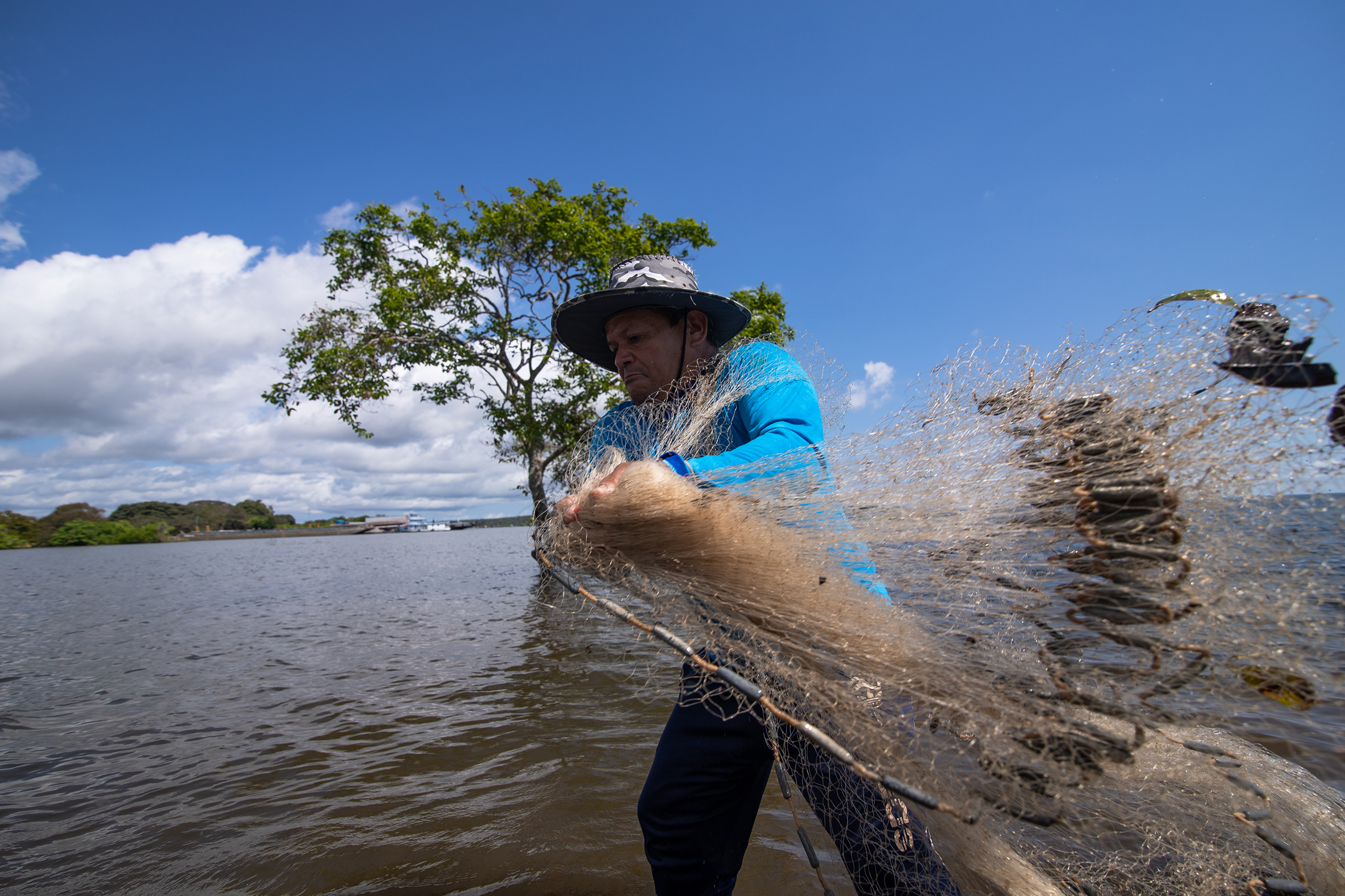Union 4 forest restoration
CI, TNC, WRI Brazil, and WWF-Brazil unite to promote the forest restoration of 4 million hectares in the country.
During the COP26 (the United Nations Conference on Climate Change), four of the largest social and environmental NGOs in Brazil will introduce an alliance that aims to restore 4 million hectares of forests and landscapes in the Amazon, Cerrado, and Atlantic Forest by 2030. The total area to be restored is approximately the size of Denmark.
The Union4Restoration is composed of Conservation International (CI-Brazil), The Nature Conservancy (TNC Brazil), World Resources Institute (WRI) Brazil, and WWF-Brazil. They will be at the Brazil Climate Action Hub in Glasgow (United Kingdom).
Ecosystem restoration goes far beyond planting seedlings: it encompasses several techniques. It is an important nature-based solution and one of the strategies to reduce climate change and hold the increase in global average temperature to no more than 2°C compared to the pre-industrial period. The ideal would be to hold the increase at 1.5°C, according to the Intergovernmental Panel on Climate Change (IPCC).

Scientists have shown us that restoration and conservation are the main ways to mitigate climate change. In Brazil, one of the main causes of climate change is deforestation and there are 21 million hectares in need of restoration. Restoring those areas is extremely important. According to Greenhouse Gas Emission Estimation System (SEEG), Brazil's greenhouse gas (GHG) emissions increased by 9.5% in 2020. SEEG data also shows that 46% of those emissions originate from inadequate land use.
The alliance between those four great institutions makes an important contribution to the climate change agenda. According to Miguel Moraes, senior director of Conservation International, breaking the cycle of deforestation is needed to consolidate the effects of restoration. "Each participating entity has a clear agenda on actions that mitigate the environmental damage accumulated over many decades. Joining efforts is a natural step to reach new spaces and for more people to be sensitized about what can be done now so that we all have a better future," he concludes.
Quote: Rubens Benini
Forest restoration is essential to tackling climate change, positively influencing water supply, and maintaining biodiversity.
Carolina Genin, the climate director at WRI Brazil, explains that the Amazon, Cerrado, and Atlantic Forest are biomes with the necessary conditions to promote restoration while generating jobs in rural areas and income for producers. "Production systems such as native forestry and agroforestry systems can help produce food and non-timber forest products, bringing prosperity to rural areas and keeping carbon in the soil and trees. It is also a key player in the transition from degraded areas to a low-carbon economy," she says.
The work of the Union4Restoration is supported by six essential pillars: regional governance arrangements; innovative financing; investments in science and technology; communication of results; support for creating and implementing public policies; and promoting access to markets.
According to Mauricio Voivodic, WWF-Brazil's executive director, Brazil is one of the countries that could most benefit from restoration, keeping its climate and biodiversity commitments, with environmental and socio-economic gains. "Restoration is an activity that employs many people, from seed collectors to workers in the industry. Therefore, its benefits go far beyond the recovery of local biodiversity and contribute to new inclusive production models. Large restoration chains are already operating in Brazil. Our next big step is to unlock investments to bring scale to those initiatives in line with the Decade of Restoration ambitious goals," Voivodic emphasizes.
One of the event organizers is the Brazilian Coalition on Climate, Forests and Agriculture, a multi-sector movement with more than 300 representatives from agribusiness, civil society, and researchers working on the low-carbon agenda in Brazil. According to the movement's executive coordinator, Laura Lamonica, restoration is an agenda that interests everyone. "Private and public sectors, as well as the third sector, need to join forces and focus on Brazil's potential for restoration and the transition to a low-carbon economic model. It is everyone's role to support and strengthen Brazil's leadership in this area. Therefore, we support the Union4Restoration", she said.
Make the difference
Donate a tree to Restaura Brasil and contribute to strengthening forest restoration in the Amazon, Cerrado and Atlantic Forest.


